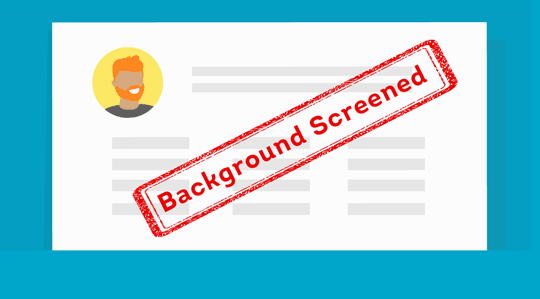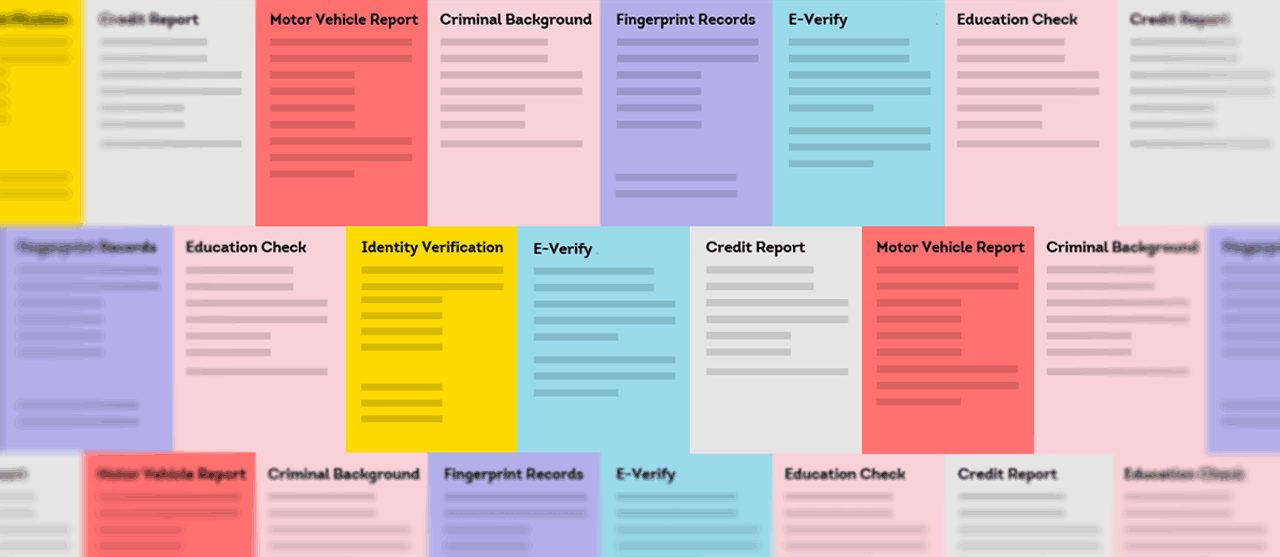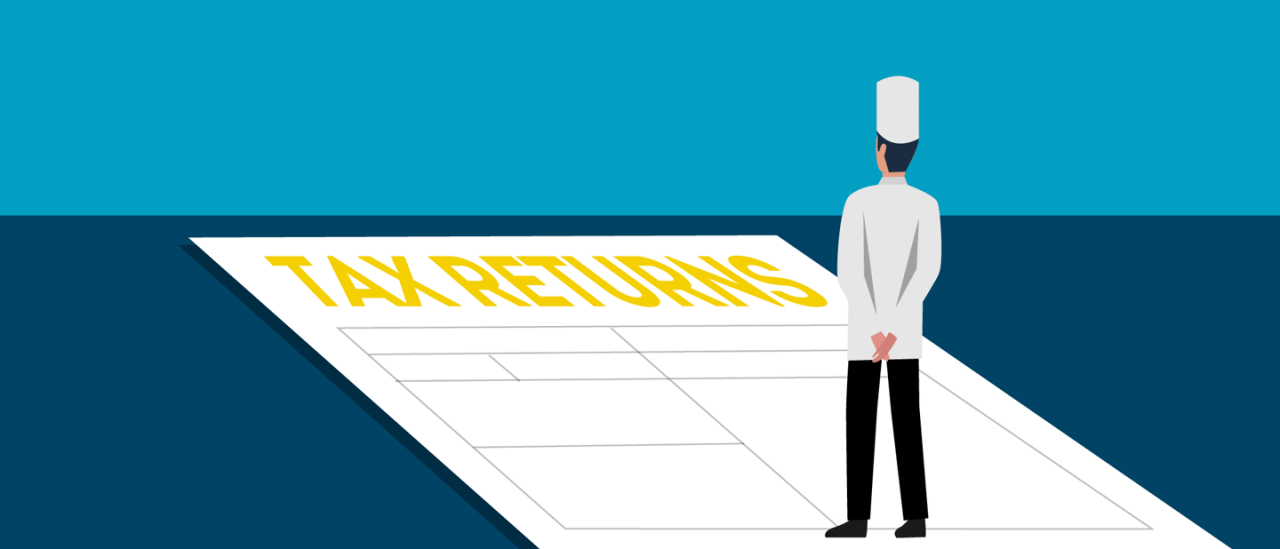Quarterly taxes are critical for small businesses, but not everyone knows the top tips for having a smooth tax year. To stay ahead of small business quarterly tax payments, it’s important to know what taxes are and how they’re calculated, if you’re required to pay on a quarterly basis, when the payment deadlines occur, how to meet them, and how to know if you’ll get penalized or fined for tax problems.
Remember that this material is intended to provide you with helpful information and is not to be relied upon to make decisions, nor is this material intended to be or construed as legal advice. You are encouraged to consult your legal counsel for advice on your specific business operations and responsibilities under applicable law. Trademarks used in this material are the property of their respective owners and no affiliation or endorsement is implied.
If you want a nice yard, you’ve got to spend time mowing, edging, and watering. Similarly, if you want a healthy business, you’ve got to keep up with all required maintenance—and that includes meticulously fulfilling all tax responsibilities.
Because of their size and set-up, many small businesses are required to pay estimated tax payments at quarterly intervals, rather than in one big chunk at the end of the tax year. Even though these “quarterly tax payments” are often required, not all small business owners know how they work—and what might happen if you mess up.
Unfortunately, the IRS doesn’t take too kindly to breaking tax laws, even if you had no intention of running afoul of the regulations. According to tax preparer Intuit, if you file a few months late, your minimum penalty will be $435, with a maximum penalty of 100% your taxes owed—effectively doubling your tax burden. With already tight margins, tax penalties could slash through any hope of small business profits.
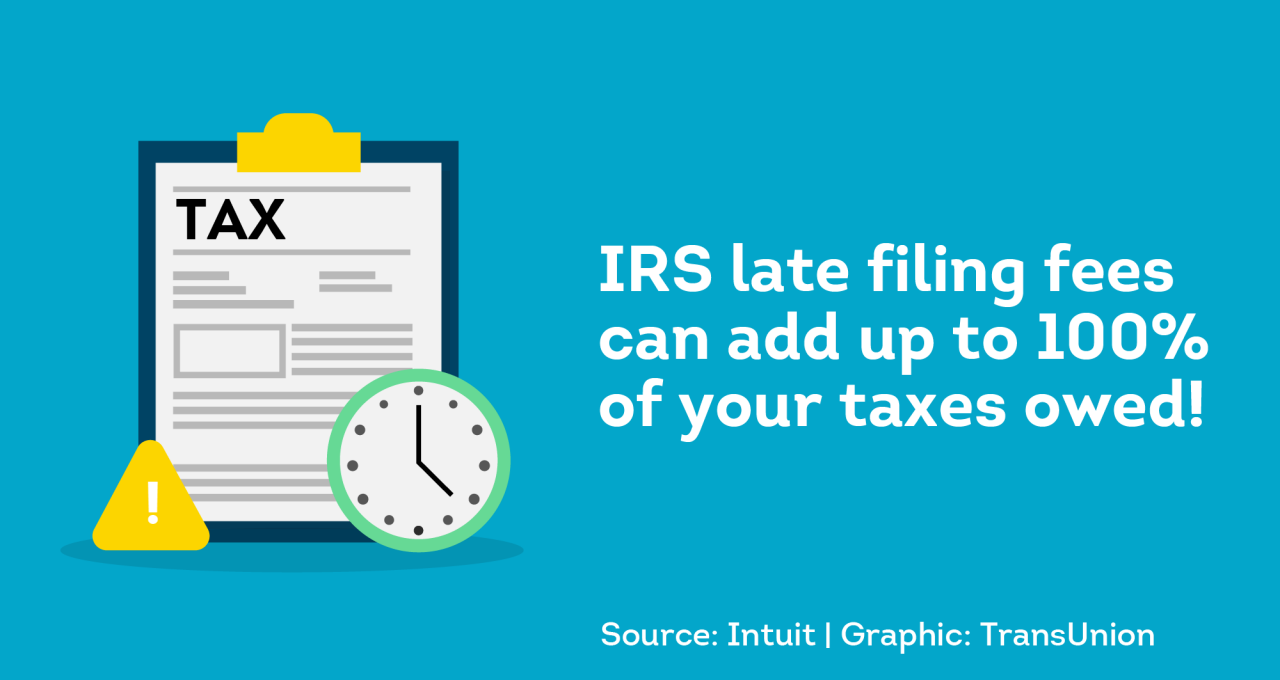
As a small business owner, it’s better to do things by the book, whether that’s paying taxes or conducting thorough pre-employment screening through a service like ShareAble for Hires®. Just like insufficient employee screening, skimping on tax responsibilities can easily come back to bite you. Big time.
Not paying taxes—or not paying the right amount at the right time—can result in penalties and fines, interest charges, audits, damage to your business credit-rating and credit-worthiness, a potential hit to reputation, potential legal action, and more.
This article helps provide five must-know tips to help you prepare for small business quarterly taxes throughout the year and help avoid the hefty potential penalties.
Here’s what you’ll learn:
Tip 1: Know What “Estimated Quarterly Taxes” Actually Means
According to the Internal Revenue Service (IRS), estimated quarterly tax payments are regular (typically 4x/year) payments made by individuals and businesses to the IRS to prepay income, self-employment, and other taxes throughout the year.
Just like the annual April filing, quarterly payments are based on your earnings. If you overpay, you can receive a refund. However, if you don't pay enough, there can be penalties.
These estimated tax payments spread out your tax burden, which brings some benefits, as well as some challenges, including:
Benefits of Quarterly Tax Payments
- Smaller, more manageable tax bills
- Can help you avoid problems during tax season, according to the IRS
- Helps you keep a closer eye on your finances year round
- You may be less surprised at tax time
Drawbacks of Quarterly Tax Payments
- There are four hard tax deadlines to track, instead of just one
- You have to spend more time working with taxes throughout the year
- You can still be penalized for underpaying during a specific quarter, even if you overpaid for the entire year
- You risk higher, more frequent penalties if you forget to file
Overall, regular payments help you stay in good standing with the IRS and ensure your business runs smoothly without any last-minute financial burdens.
Pro Tip: Learn how to maximize your tax filing strategy year-round with these top tax filing tips for small businesses.
Tip 2: Discover if You’re Required to Pay Quarterly Taxes
Not all small businesses are required to file taxes quarterly, but many are. This is because many small businesses lack the formal employment and payroll structure of large corporations.
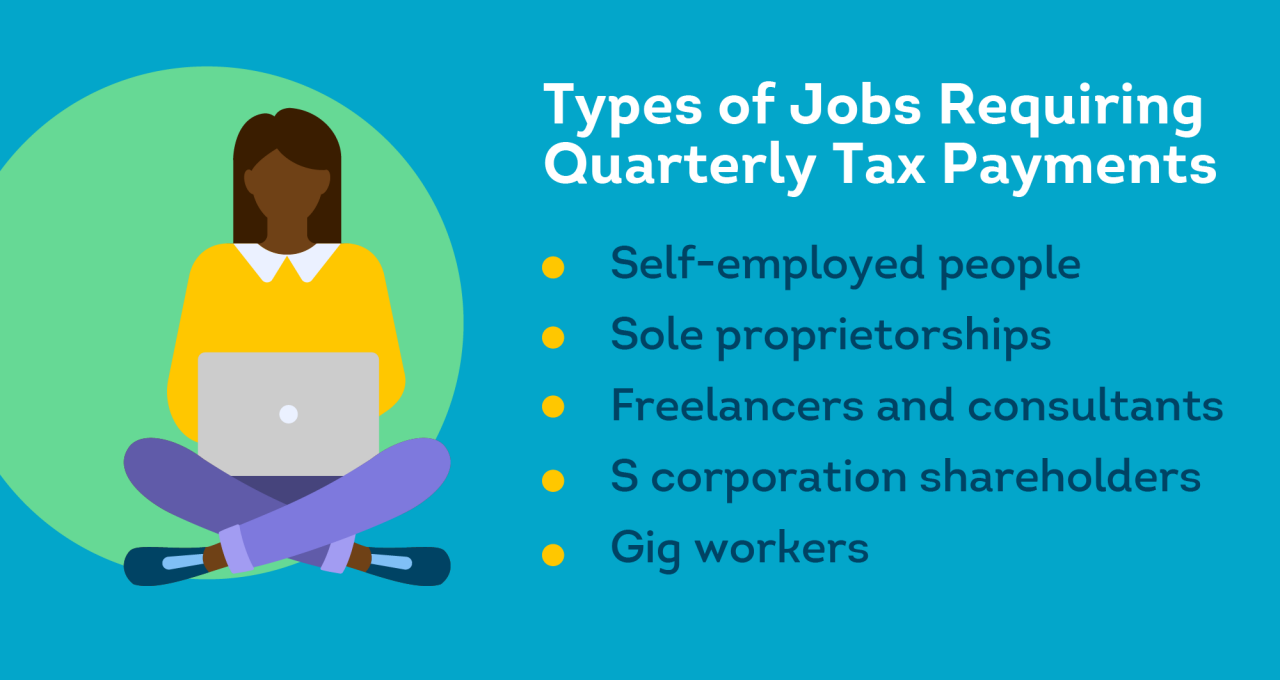
According to the IRS, individuals and businesses have to pay estimated quarterly tax payments if:
- There is no automatic tax withholding from paychecks
- If the withholding from paychecks is insufficient
- If you’re an individual, sole proprietor, partnership, or S corporation shareholder who expects to owe tax of $1,000 or more when their return is filed
- Corporations are generally required to pay quarterly taxes if they expect to owe over $500
Please note that the above requirements are for federal taxes only. You may be required to pay quarterly tax payments to the state, as well. In some cases, the thresholds that require filing may be higher or lower than the federal level.
What Types of Jobs Require Quarterly Tax Payments?
It’s common for people in the following working arrangements to pay estimated quarterly tax payments:
- Self-employed people
- Sole proprietorships
- Freelancers and consultants
- S corporation shareholders
- Gig workers
Please note that this is just a general guide and not an exhaustive list. Individual tax situations can vary drastically, so it’s important to work with a qualified accountant or financial professional with ant questions.
Who Doesn’t Have to Pay Quarterly Taxes
In general, the IRS claims people and corporations are not required to pay estimated tax payments if:
- Sufficient taxes are automatically withheld from your paycheck (due to form W-4)
OR
- You had no tax liability for the previous year (and were considered a citizen or resident alien for the entire year)
Again, connect with a professional accountant if you have questions about your own tax liabilities or filing requirements.
Pro Tip: Hiring consultants or freelancers? Don’t fall into the trap of letting them into your livelihood unvetted. Learn how to hire freelancers for your small business the more responsible way.
Tip 3: How to Calculate the Quarterly Tax You Owe
On top of all of your other duties, it can be confusing and time consuming to calculate owed tax every few months—especially if you’re not a tax professional. That said, there are a few things you can do to help prepare for quarterly tax deadlines.
According to the Balance, a good rule of thumb is to set aside 25-35% of your quarterly earnings for taxes. This helps ensure you have enough money to pay when the tax bill inevitably comes at the end of the quarter.
Resources to Help You Figure Out Your Tax Burden
There are a few different ways to calculate what you owe for taxes each quarter. Because you can be penalized for insufficient payment, it’s important to estimate correctly.
- How to make a quick estimate: According to money site NerdWallet, you can also do a quick estimate by figuring out the tax you’ll owe for the whole year, then dividing that by four. This method works best if you have steady income throughout the year.
If your income fluctuates throughout the year, such as increases or decreases in the summer, it may be better to calculate your owed taxes based on your actual income for that quarter.
The IRS provides a worksheet—the Form 1040-ES—to help calculate what you owe each quarter. Or, if you prefer a higher-tech option, you can find several automatic online calculators, including the following:
- TaxOutreach: Estimated Payments Calculator
- Keeper Tax Quarterly Tax Calculator
- FlyFin Tax: Quarterly Tax Calculator
Note that these are not particular recommendations, just general examples. Always make sure you confirm that companies are legitimate and trustworthy before using any service.

Tip 4: Know the Deadlines—And Don’t Miss Them
The IRS has set payment deadlines for quarterly tax payments. Thankfully, these deadlines are the same every year. You pay taxes for the previous quarter, just after it concludes.
- Example: On June 15 each year, you pay estimated tax based on income received from April 1 to May 31 that year.
You can help prevent missing these payment deadlines by 1) adding them in your electronic calendar as annual events, and 2) consider using electronic payment methods, so your IRS payments do not arrive late.
Annual Estimated Quarterly Tax Payment Deadlines
Here are the annual estimated quarterly tax payment dates. Note that not all quarters are the same duration or exactly three months long.
- January 1 to March 31 – April 15
- April 1 to May 31 – June 15
- June 1 to August 31 - September 15
- September 1 to December 31 – January 15 of the following year
Note: If these due dates fall on a Saturday, Sunday or legal holiday, the payments are due the next business day.
Tip 5: Learn About Penalties and When They Apply to You
Like with any law, violating tax regulations can get you into a heap of trouble. The most common issues with quarterly tax payments are paying late, paying too little, or missing the filing altogether.
According to Brotman Law, there are penalties for underpayment and late payment. These can apply at both the federal and state level. In addition to the standard penalties, you may also be charged interest or additional fees.
This means, if you continue to put off taking care of taxes and paying the bill, the interest might accumulate and the amount owed can increase drastically.
On top of that, even if you overpay for the year, you can still be penalized if one of your quarterly payments was under the required amount for that quarter. Because of this, it's important to carefully calculate what you owe each quarter. The IRS Form 2210 can help you calculate potential penalties.
If you owe more than you paid or will be penalized, you’re likely to get a bill in the mail from the IRS stating what you still owe. However, if you overpaid for the year, the IRS might also take your penalty out of your refund and just send you back the difference.
Pro Tip: As you protect your business from financial hits, it’s important to also safeguard against people who might commit financial crimes. Make sure you do proper screening, including criminal background checks and credit reports before hiring any new employees.
Bonus Tips for Crushing Your Quarterly Tax Responsibility
On top of the five major quarterly tax tips mentioned above, there are several smaller actions you can take to prepare for an extra-smooth tax year. Here are some ideas that might make filing your taxes a little less painful:
- Budget for quarterly tax payments. A surprise tax bill can be extra painful if you forgot to set aside money to pay it. Consider even putting your tax budget in a special account dedicated to that purpose.
- Add the quarterly tax deadlines to your calendar. Add recurring, yearly events on your electronic calendar and phone. In addition to the deadlines, add a reminder a week or two ahead of time, so you have time to work on them before they’re due.
- Keep excellent records. Don’t wait until tax deadlines to know where your money is. Track expenses and income and deductible purchases, and keep financial data organized and secure.
- Seek professional tax advice, if needed. Taxes can be complicated. Spending money on professionals can be an extremely worthwhile investment that potentially saves you time and money and helps prevent running afoul of tax laws.
- Consider electronic payment. Mailing in owed taxes can cause delays and lead to fees from late payment. Help prevent delays and get updates by paying the IRS electronically.
- Keep track of any changes to tax law. The IRS publishes annual changes on their website and has newsletters you can sign up for. You can also follow industry blogs and social media for relevant changes you need to know about.
Pro Tip: As a small business owner, keeping proper documentation is key. This is the case whether you’re handling financial data or the three types of required employee files.
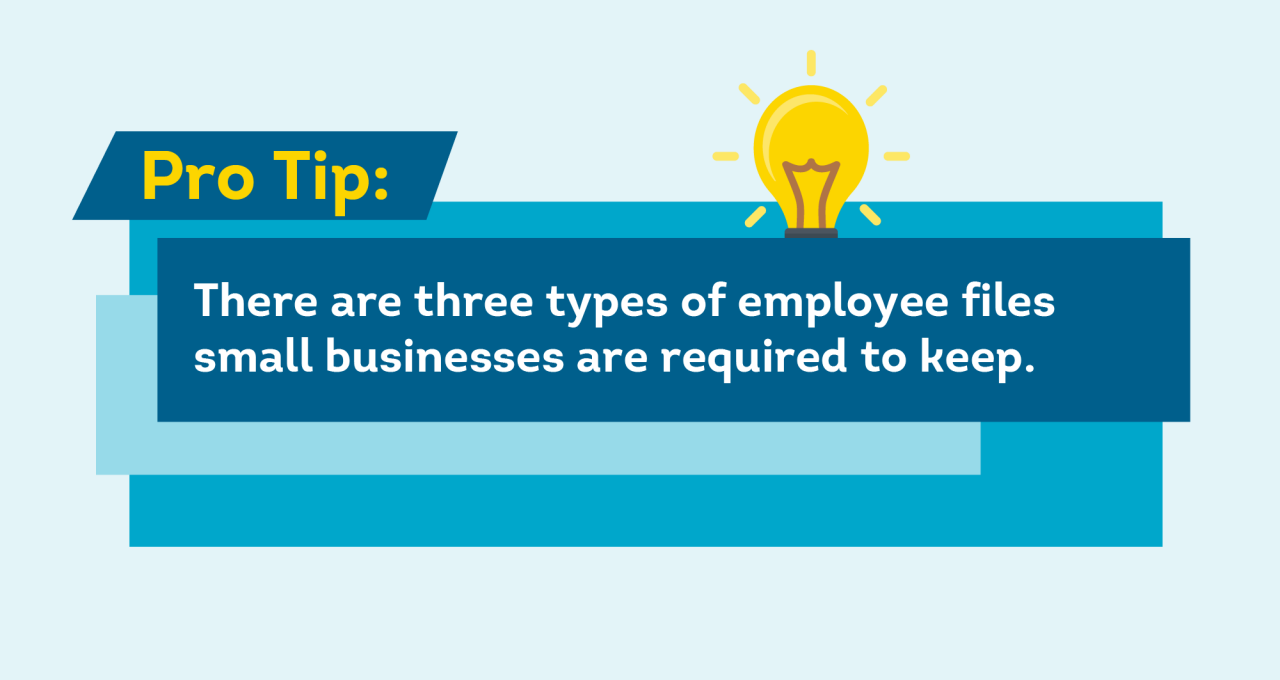
Tax Law May Be Hard. Screening New Employees Doesn’t Have to Be
Just like growing prize-winning roses, complying with quarterly tax requirements requires a fair amount of work—and some inevitable encounters with thorns. However, some small business tasks, such as thorough pre-employment screening through ShareAble for Hires is both ultra-easy and helps protect your business from unexpected prickles.
When trying to grow your business, you need people you can trust. Help identify any nip out potential thistles with detailed, easy-to-read employee credit reports. Backed by major credit agency TransUnion, ultra-fast, more reliable reports are delivered within moments of your applicant consenting. Knowing about a potential employee’s financial patterns and debts can help you gauge if they’re a good fit—especially if they’ll handle money or personal data.
Your job applicant looks fantastic from afar, but are they a winner or a weed? Criminal record checks swiftly scan hundreds of millions of federal and state-level criminal records searching for a match to your job applicant. This helps you learn about any relevant criminal past ahead of time. Meanwhile, Identity Verification helps confirm your candidate is really who they say they are, so you can have better peace of mind and make more confident hiring decisions.
With small business friendly pricing, flexible screening packages, and no hidden fees, you get fast, completely online employee background checks without the hassle. Simply create a free account and start screening immediately.
Don't let uncertain overgrowth hinder your success. Help prune your way to the truth with super fast, affordable employment background checks through ShareAble for Hires.
ShareAble for Hires
Sign-up Now. Reports Now. Hire Now.


